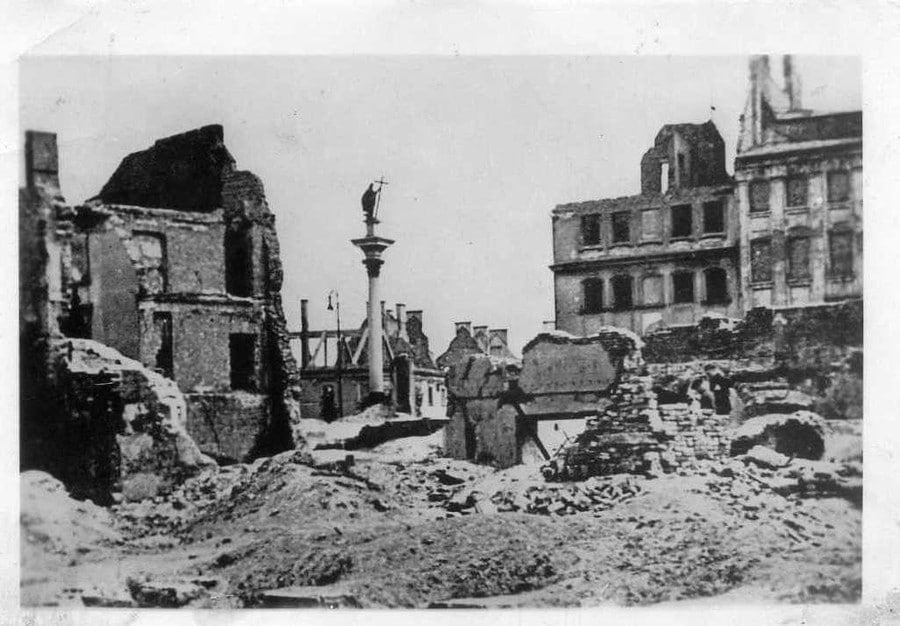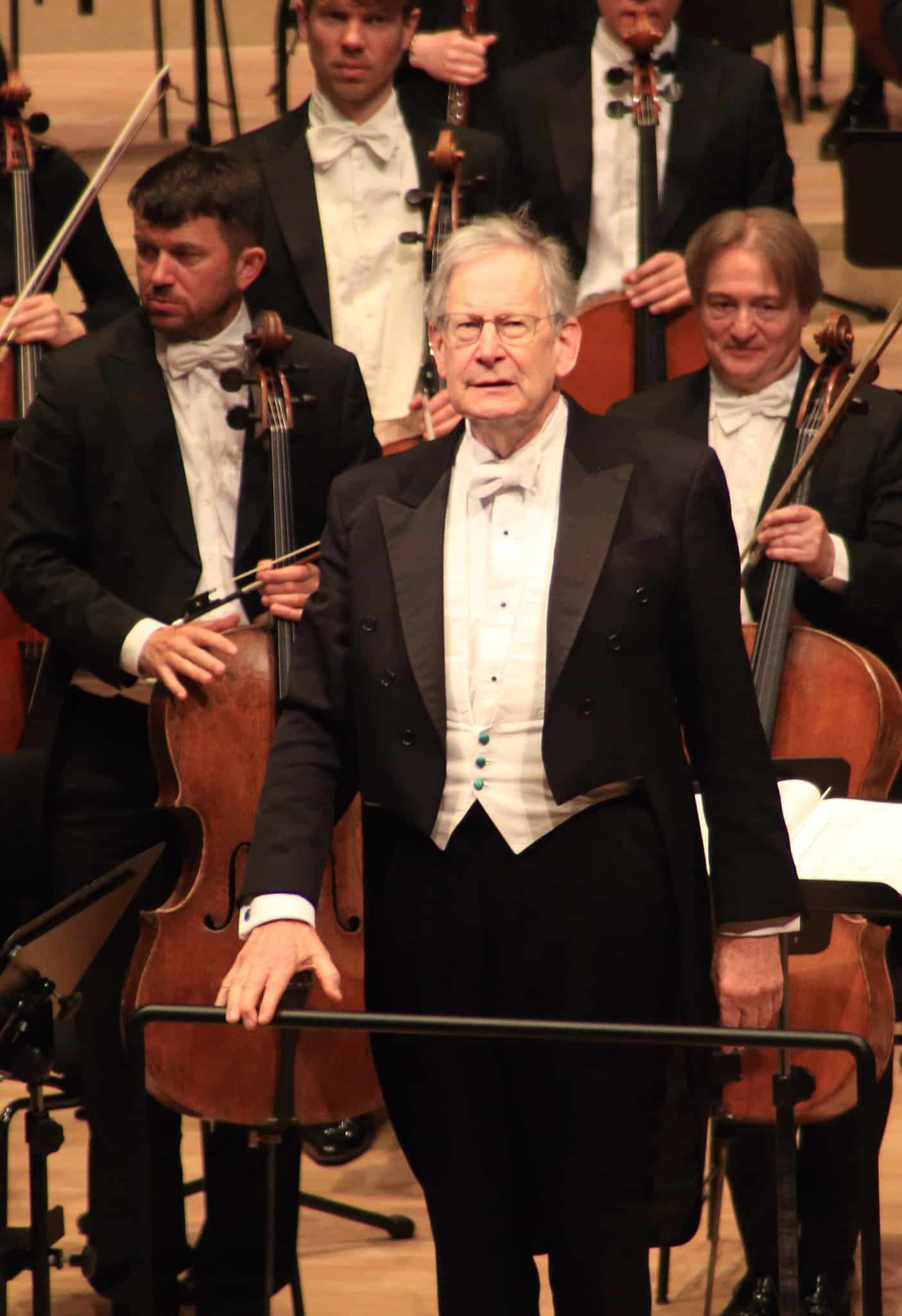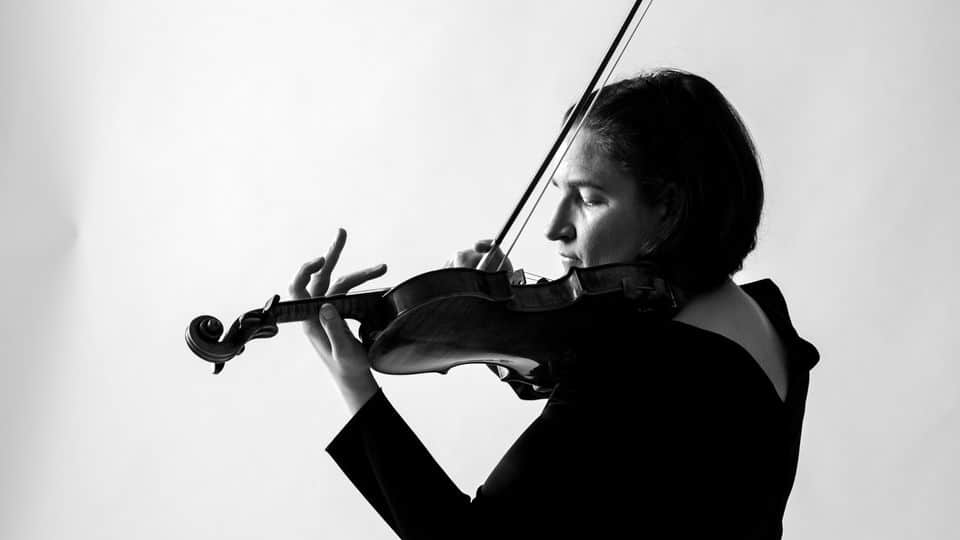When music shirks the big issues of the day
Album Of The WeekFrom the Lebrecht Album of the Week:
In the year 1942, while millions were being slaughtered on battlefields and in German extermination camps, three composers in different countries wrote sonatas for violin and piano. Nothing connects these works to contemporary events or to each other. They are acts of escapism by expert musicians who chose not to engage with the worst time in human history….
Read on here.
And here.
En francais ici.
In Czech.
In The Critic.
Other languages follow.






unser geliebter Richard Strauss wrote some brilliantly irrelevant operas during this period, let us not forget.
“At the midpoint of the Second World War, our parents looked to two composers for symphonies of hope and vision. Such was the excitement attending the 7th symphony of Dmitri Shostakovich that Arturo Toscanini and Leopold Stokowski almost went to war themselves for the right to conduct the American premiere (Toscanini won).
There was less fuss abroad over Vaughan Williams’s 5th, but in London it was hailed as oracular — a statement by a great artist on the spirit of his nation and its depth of confidence. The world premiere, conducted by the composer on June 24, 1943, was roared to the rafters of the Royal Albert Hall. The critic Neville Cardus called the music ‘benedictory and consoling’, a phrase that echoed in my mind as I listened to the 5th symphony’s latest recording in a state of COVID siege.”
Norman Lebrecht, written four months ago.
If RVW5, premiered in 1943, was benedictory and consoling for you then, how can it be that these three violin sonatas shirk the big issues of the day now? I accept that, like Whitman, we can all contain multitudes, but even so, surely we must all have some core of integrity in us. Otherwise we’ll just end up squandering our talents, and our lives, on clickbait.
Complete nonsense with a distinctly Marxist tint.
Assuming the totality of events of 1942 can be set to music – a dubious proposition to begin with – I can only wonder why a composer who attempted it would think of the violin and piano combination as the means.
I’d be curious to know the other side of that argument: why not?
And after 1789, Mozart and Haydn continued to compose symphonies that had absolutely nothing to do with the French revolution. And during WWI Strauss did “Die schweigsame Frau”, which was in no way connected to the slaughter on the battle field.
What is the problem? Does every composer have to react to political events? Is music just a reflection of politics? There is plenty of WWII related music. The Leningrad symphony. The “Quartet for the End of Times”. The “Emperor of Atlantis”. The list goes on. No need to condemn a violin sonata. I’m pretty sure that Copland, Poulenc and Prokofiev were quite aware of what was going on outside their music room.